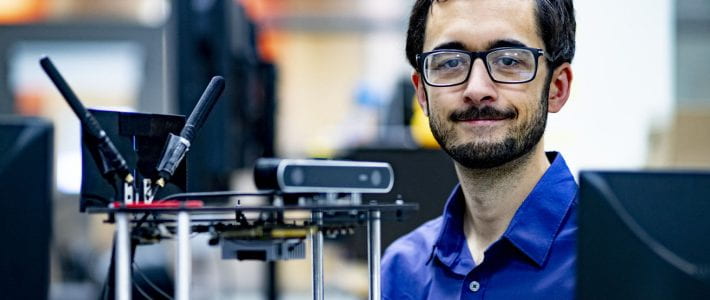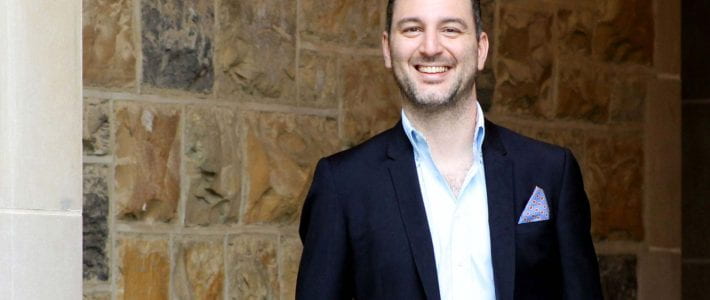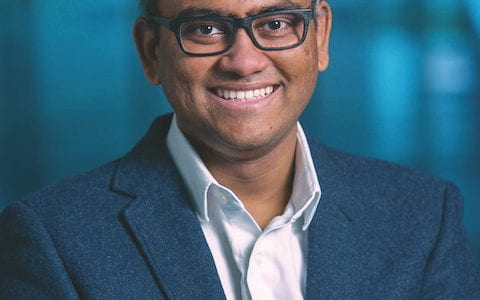Kostas Daniilidis (Upenn): Efficiency through symmetry and event-based processing in robot perception
Kostas Daniilidis
Prof., CIS, University of Pennsylvania
Dec 1, 2023 (Friday), 12:00 – 1:00 pm
Room 220, Building C
Abstract: Scaling up data and computation is regarded today as the key to achieving unprecedented performance in many visual tasks. Given the lack of scale in real-world experience, robotics has turned to simulation as the vehicle for scaling up. Biological perception is characterized though by principles of efficiency implemented through symmetry and efficient sensing. By respecting the symmetries of the problem at hand, equivariant models can generalize better, often requiring fewer parameters and less data to learn effectively. Moreover, they provide insights into the underlying structures and symmetries of the data, which can be invaluable in developing more robust and interpretable models. In this talk, we will present a framework for achieving equivariance by design rather than data augmentation and using orders of magnitude lower capacity models than competing approaches. Then, we will show how the new paradigm of event-based vision can facilitate visual motion and reconstruction tasks with asynchronous low-bandwidth processing.
Bio: Kostas Daniilidis is the Ruth Yalom Stone Professor of Computer and Information Science at the University of Pennsylvania where he has been faculty since 1998. He is an IEEE Fellow. He was the director of the GRASP laboratory from 2008 to 2013, Associate Dean for Graduate Education from 2012-2016, and Faculty Director of Online Learning from 2013- 2017. He obtained his undergraduate degree in Electrical Engineering from the National Technical University of Athens, 1986, and his PhD in Computer Science from the University of Karlsruhe, 1992, under the supervision of Hans-Hellmut Nagel. He received the Best Conference Paper Award at ICRA 2017. He co-chaired ECCV 2010 and 3DPVT 2006. His most cited works have been on event-based vision, equivariant learning, 3D human pose, and hand-eye calibration.










